
10 Brilliant and Budget-Friendly Pet Hacks to Make Life Easier
Caring for pets doesn’t have to be expensive or stressful—these 10 easy hacks make life better for you and your furry friends!
Electrolytes are essential minerals that carry electrical charges, playing crucial roles in regulating muscle contractions, nerve function, hydration, and maintaining acid-base balance in your body. Common electrolytes include sodium, potassium, calcium, magnesium, chloride, phosphate, and bicarbonate. Proper electrolyte balance supports everything from heart rhythms to fluid balance and cellular health.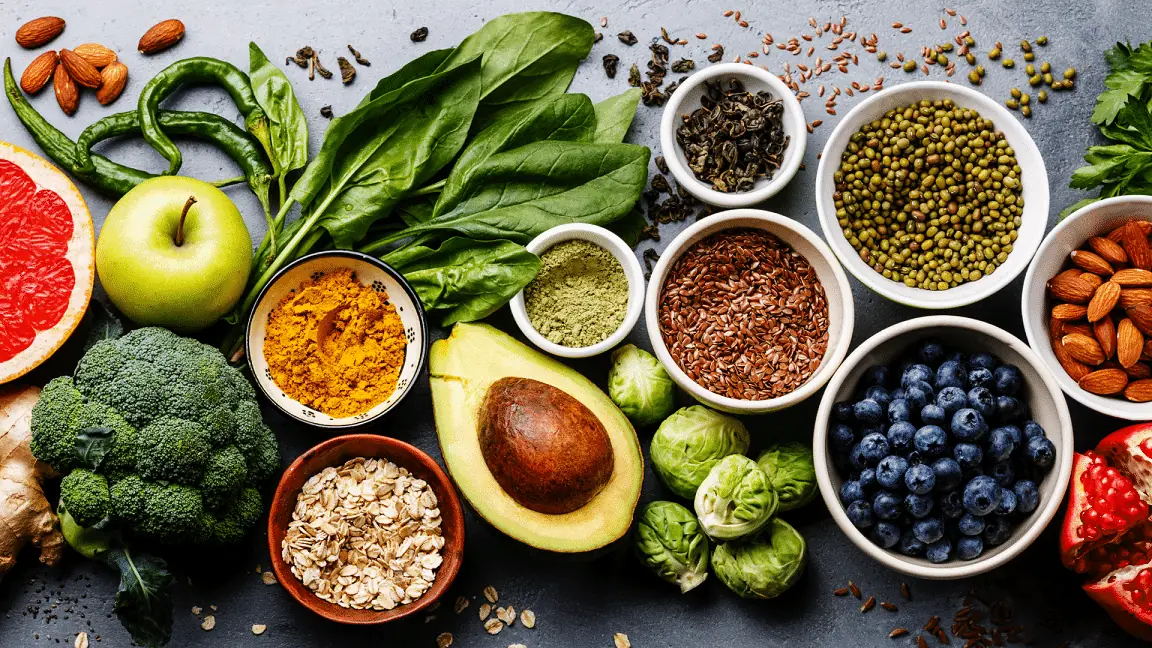
While sports drinks and supplements are popular for replenishing electrolytes, many whole foods naturally provide these vital minerals. Eating a variety of these foods is a natural and delicious way to support your body's needs.
This article highlights 20 foods rich in electrolytes that you can easily add to your daily meals for improved hydration, muscle function, and overall wellness.
1. Bananas: The Classic Potassium Powerhouse
Bananas are famously rich in potassium, a key electrolyte that helps regulate heartbeat and muscle function. Including bananas in your diet supports cardiovascular health and maintains fluid balance.
2. Avocados: Creamy and Nutrient-Dense
Avocados offer more potassium per serving than bananas, along with magnesium and heart-healthy monounsaturated fats. These fats aid absorption of fat-soluble vitamins and provide sustained energy.
3. Sweet Potatoes: A Flavorful Electrolyte Source
Sweet potatoes are packed with potassium and magnesium, important for muscle function and blood pressure regulation. Their natural sweetness makes them a versatile, nutrient-dense option.
4. Leafy Greens: Spinach and Kale
Spinach supplies potassium and magnesium, while kale adds calcium and potassium to your diet. These greens also provide antioxidants and fiber, supporting digestion and bone health.
5. Beans and Lentils: Plant-Based Electrolytes and Fiber
Rich in potassium and magnesium, beans and lentils are excellent for heart and muscle health. Their fiber content promotes gut health and stable blood sugar levels.
6. Pistachios: Crunchy and Complete
Pistachios contain potassium, magnesium, antioxidants, healthy fats, and plant-based protein. They’re a wholesome snack that supports muscle and nerve functions.
7. Oranges: Citrus Boost
Beyond vitamin C, oranges offer potassium and calcium. Their refreshing taste and nutrient content make them a hydration-friendly fruit.
8. Yogurt: Creamy and Calcium-Rich
Yogurt contains calcium, potassium, magnesium, and phosphorus. Phosphorus aids in bone health and energy metabolism. Opt for low-sugar options and add fresh fruit for natural sweetness.
9. Strawberries: Sweet Antioxidant Source
Strawberries provide potassium and magnesium along with antioxidants that protect cells from damage.
10. Bone Broth: Mineral-Rich Elixir
Made by simmering animal bones, bone broth offers calcium, magnesium, phosphorus, and potassium. Its collagen content supports joint health and skin hydration.
11. Coconut Water: Nature’s Electrolyte Drink
Coconut water contains potassium, magnesium, sodium, and calcium. It’s a natural alternative to commercial sports drinks for hydration.
12. Milk: Dairy Electrolytes and Protein
Milk delivers calcium, potassium, magnesium, and sodium, along with protein beneficial for muscle recovery.
13. Watermelon: Juicy and Refreshing
Watermelon provides potassium, magnesium, and small amounts of sodium, plus antioxidants like lycopene that promote heart health.
14. Pickles: Tangy Sodium Source
Pickled cucumbers are rich in sodium and also contain potassium and magnesium. Due to high salt content, consume in moderation if monitoring sodium intake.
15. Tomatoes: Versatile and Heart-Healthy
Tomatoes offer potassium, magnesium, and sodium along with lycopene and vitamins A, C, and E, supporting cardiovascular and immune health.
16. Potatoes: Comfort Food with Electrolytes
Potatoes supply potassium and magnesium. Choose baked or boiled over fried versions to keep calories and fats low.
17. Prunes: Potassium-Rich Dried Fruit
Prunes provide potassium, magnesium, and sodium and are linked to improved bone health, especially for postmenopausal individuals.
18. Chocolate Milk: Recovery Drink with Electrolytes
Combining milk’s electrolytes with carbohydrates and cocoa, chocolate milk replenishes fluids and glycogen post-exercise. Consume moderately due to sugar content.
19. Tofu: Plant-Based Calcium and Magnesium
Tofu is rich in calcium, magnesium, and plant protein, making it a versatile addition to many dishes while supporting electrolyte needs.
20. Beets: Potassium and Blood Pressure Support
Beets contain high potassium and antioxidants that may help lower blood pressure and improve overall cardiovascular health.
Why Are Electrolytes Important?
Electrolytes maintain electrical impulses in nerves and muscles, regulate hydration, balance blood pH, and support repair of damaged tissues. During intense exercise, sweating, or illness, electrolyte loss can disrupt these functions, causing cramps, fatigue, and other symptoms.
How to Maintain Electrolyte Balance
Eat a varied diet including fruits, vegetables, dairy, nuts, and legumes.
Drink fluids like water and natural electrolyte beverages (coconut water).
Be mindful of electrolyte loss during heavy sweating or illness and replenish accordingly.
When to Consult a Healthcare Provider
Persistent symptoms such as muscle weakness, irregular heartbeat, or severe fatigue could indicate electrolyte imbalances. Consult a medical professional for testing and personalized advice.

Caring for pets doesn’t have to be expensive or stressful—these 10 easy hacks make life better for you and your furry friends!
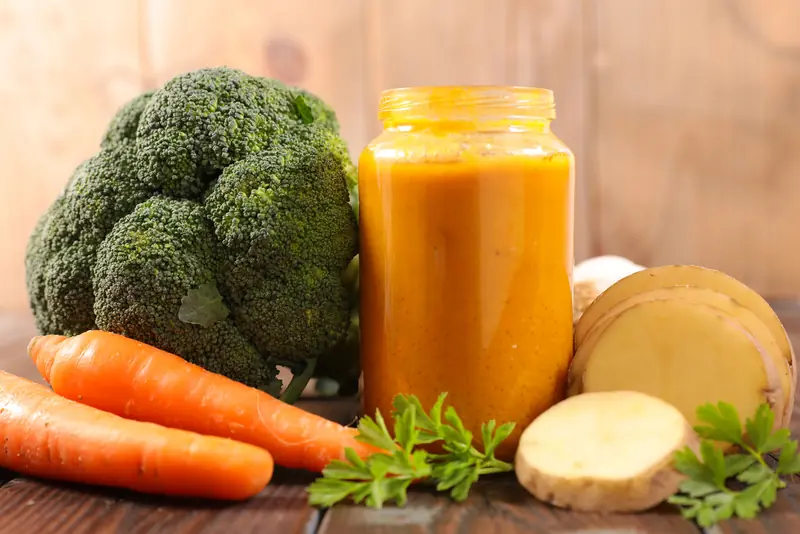
Certain foods can naturally help your body fight parasites while a holistic approach offers personalized care.

Feeling stuck in a rut? It’s time to reclaim your motivation and unlock your full potential.

Master the art of home cleaning by knowing exactly what to clean—and when—to keep your living space fresh and organized effortlessly.
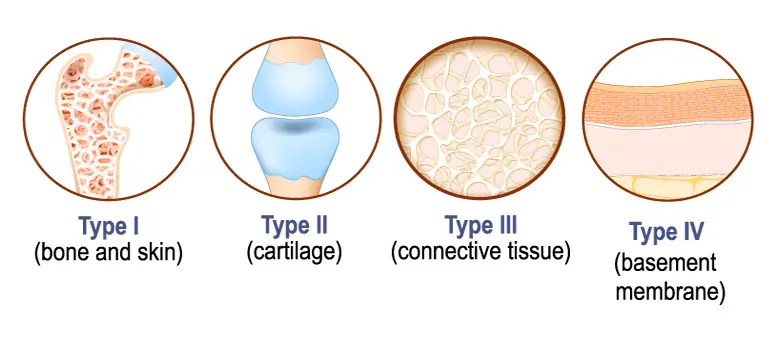
Discover the fascinating story behind collagen types and how they support your body’s health and beauty.
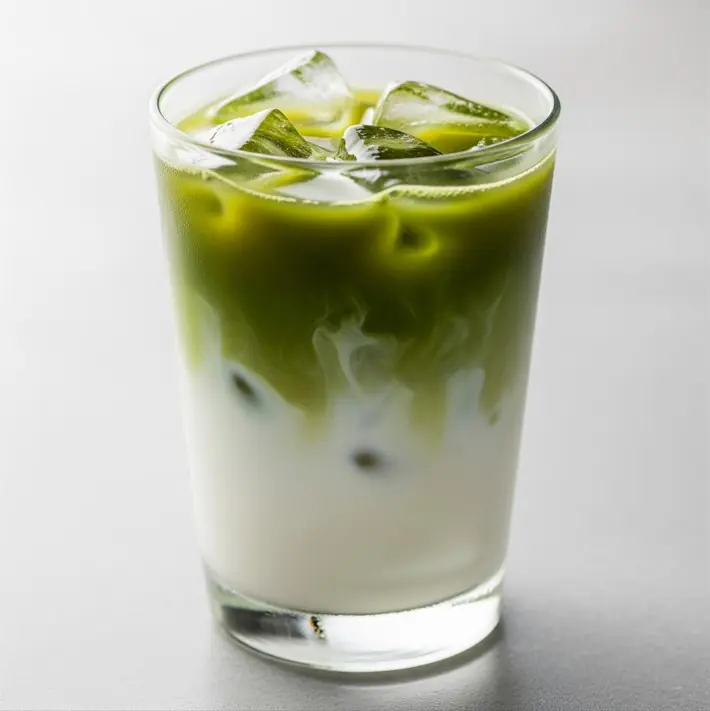
Beat the heat with these nutritious and delicious beverages perfect for tropical climates and sunny days.

Master your cleaning routine by knowing exactly what tasks to tackle—and when—to keep your home fresh and inviting all year round.
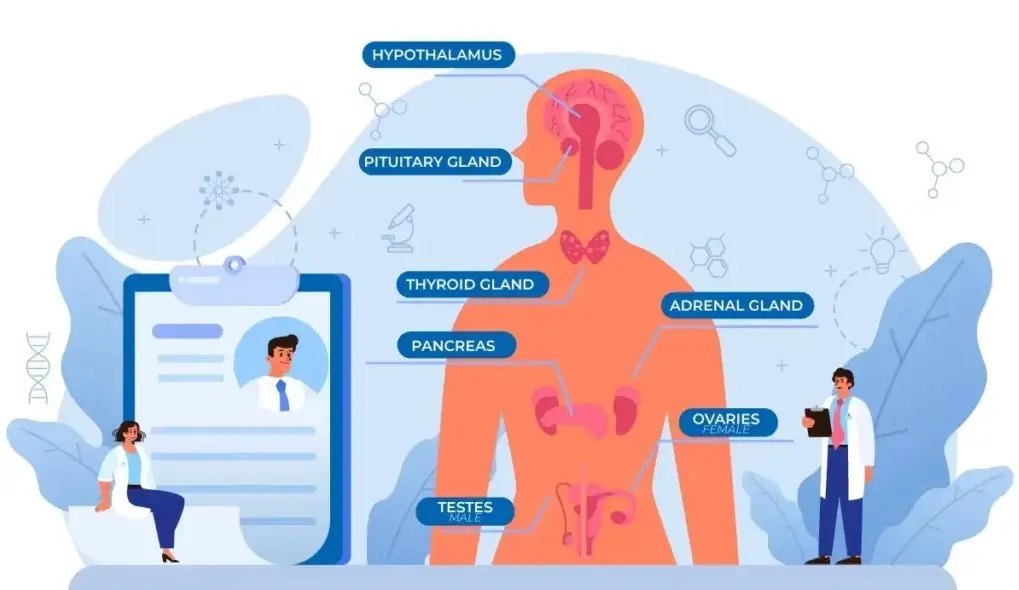
Hormones play vital roles in regulating your body’s functions, affecting both physical and mental well-being.
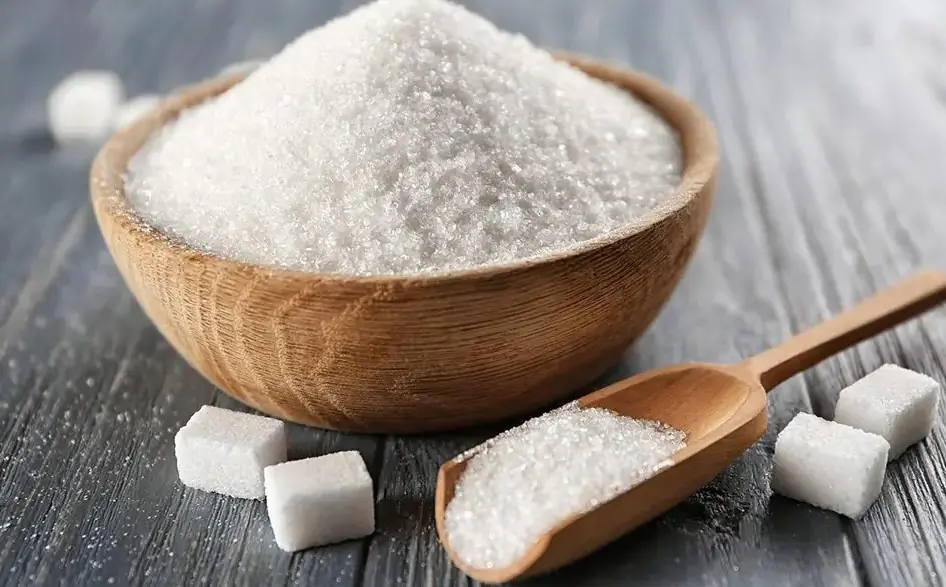
Understanding the wide-ranging effects of sugar can help you make healthier choices and protect your well-being.

Discover how vinegar’s versatility can simplify cleaning, pest control, and even personal care in your daily life.
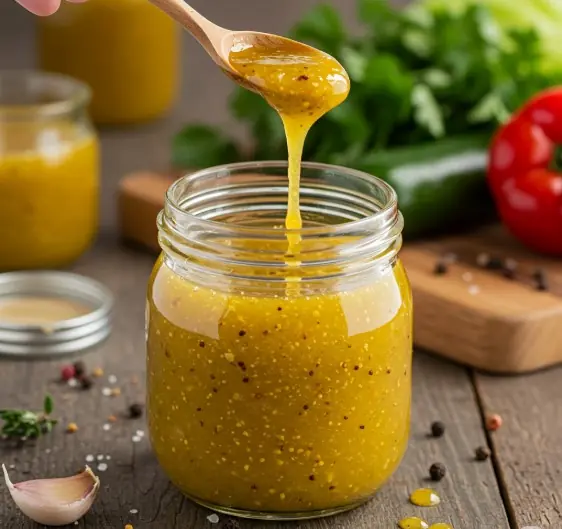
Discover easy homemade vinaigrette recipes that add a burst of freshness and zest to your meals.

Discover simple, effective ways to clean and care for your jewelry at home—no expensive trips needed!
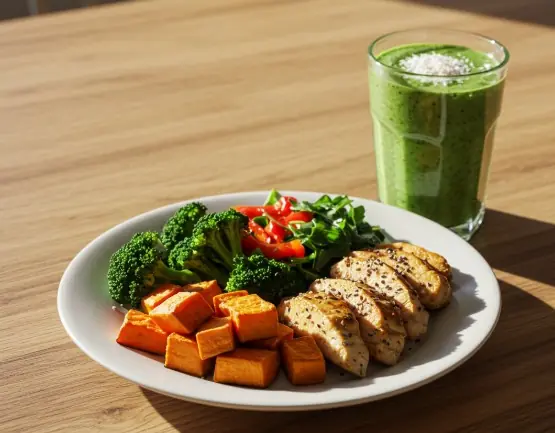
Learn simple daily routines that calm inflammation and help protect your body from chronic diseases.

Never let a missing ingredient stop your baking — discover reliable swaps for spices, liquids, flours, and more!
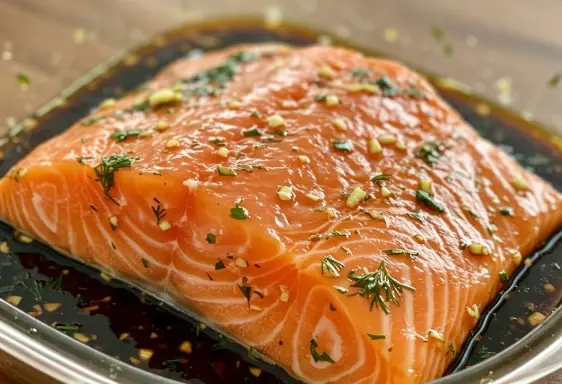
Discover how the perfect marinade can transform simple salmon into a flavorful culinary delight.

Keep your plants thriving by understanding common signs of deficiencies and how to effectively treat them.
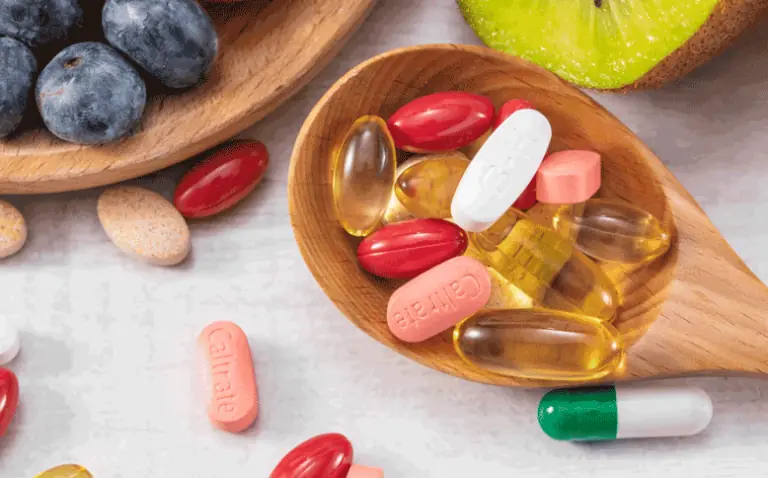
Learn how syncing your vitamin intake with meals and your daily schedule can improve nutrient absorption and boost your health

Discover houseplants that require minimal sunlight and are perfect for darker corners, offices, or rooms with limited natural light.





Caring for pets doesn’t have to be expensive or stressful—these 10 easy hacks make life better for you and your furry friends!

Certain foods can naturally help your body fight parasites while a holistic approach offers personalized care.


A woman’s kind act at T.J. Maxx helps a homeless woman with jeans, thanks to a caring program. Read the story! ❤️🛍️


Feeling stuck in a rut? It’s time to reclaim your motivation and unlock your full potential.

Barbie said David often expresses his love through acts of service and gift-giving.

Feeling invisible in a crumbling marriage, Jennifer plans a surprise getaway for her husband, only to face heartbre@king betrayal. Read how she finds strength and starts anew.

After years of struggle, a young couple finally secures their dream apartment—only to face unexpected family pressure. Discover how standing up for their new home becomes a powerful journey of independence and self-respect.

Tiana's life unravels when she notices a birthmark on her best friend Melisa's adopted son that's identical to the one her deceased son had. As she struggles to understand this impossible coincidence, Tiana uncovers a harrowing truth.

A runaway bride escapes an abu$ive wedding only to uncover a cr:u:el family plot. With unexpected help, she f!ghts for her future and reclaims her life in this gripping, emotional journey of betrayal and hope.



Phoemela’s career began in the world of modeling at just 14 years old. She joined the Pink Soda Club at 13, which paved the way for numerous projects, including commercials locally and internationally.

As of this time, Jimuel has not made any public statements regarding his alleged new romance.
